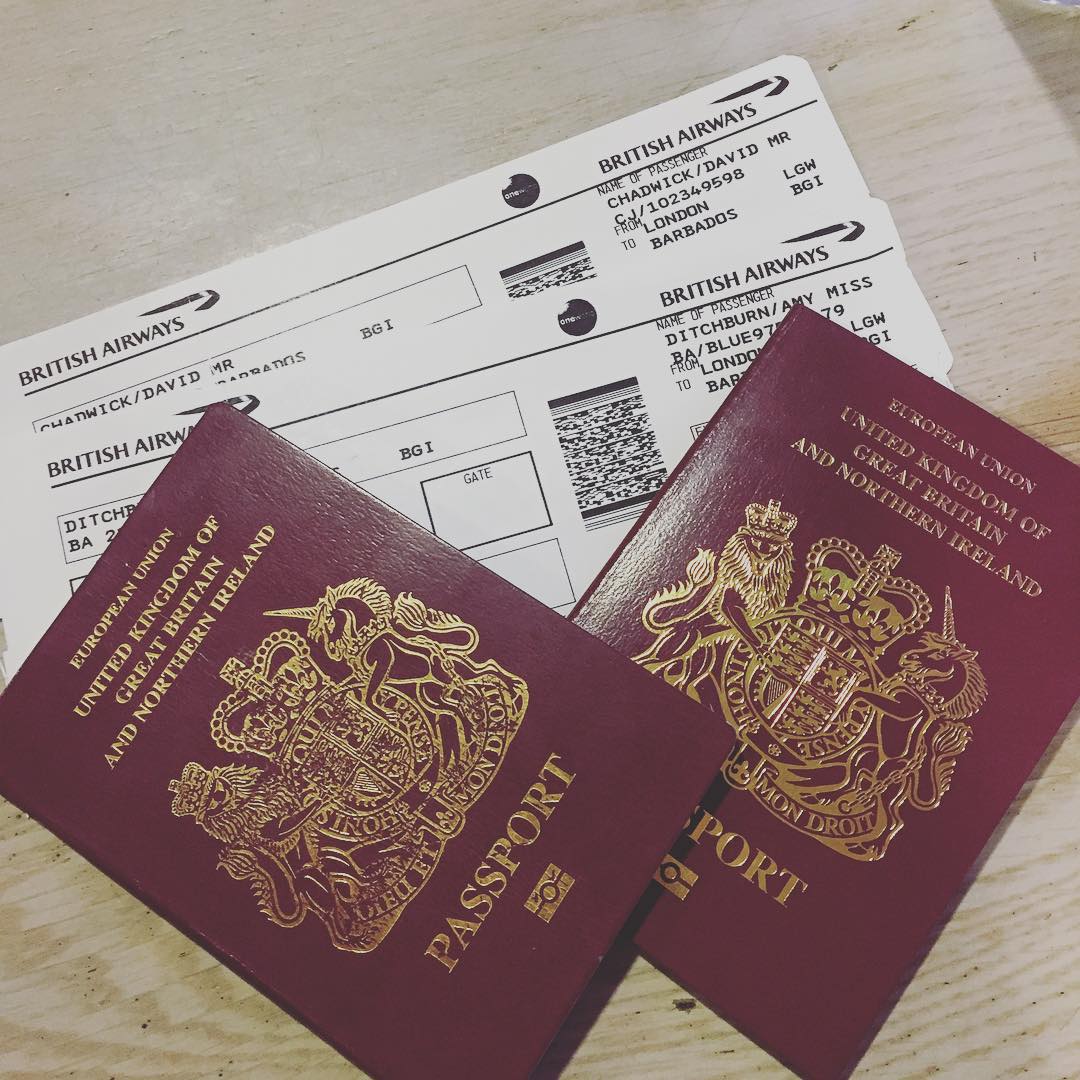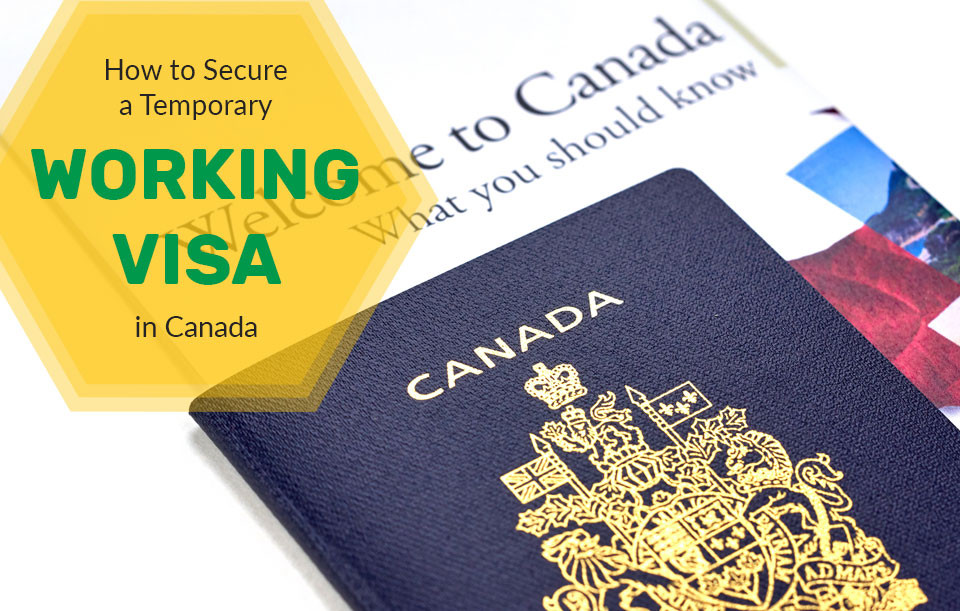How Long Does It Take For Canada Visa To Be Approved.
In an era marked by globalization and increased mobility, the desire to travel, study, work, or settle abroad has become a common aspiration for many individuals. Canada, known for its welcoming stance towards immigrants and visitors, stands as a prime destination for people seeking new opportunities and experiences. However, before embarking on their Canadian journey, prospective travelers must navigate the complex process of obtaining a visa. One of the most pressing questions applicants have is: “How long does it take for a Canadian visa to be approved?” This essay aims to shed light on this question, unraveling the intricacies of the Canadian visa application process and exploring the factors that influence approval timelines.
What is the Approval Process for Canadian Visas
Before delving into the approval timeline, it’s essential to grasp the various types of visas available for entry into Canada. The Canadian government offers a diverse range of visas tailored to different purposes, including visitor visas, study permits, work permits, and permanent residency visas. Each category has its own set of eligibility criteria and documentation requirements, tailored to the specific circumstances of the applicant.
Types of Canadian Visas
Visitor Visas
Visitor visas, also known as temporary resident visas, allow individuals to enter Canada for tourism, visiting family or friends, or to attend business conferences. These visas are typically issued for a specified duration, after which the individual must leave the country unless they apply for an extension.
Study Permits
Study permits are required for individuals intending to pursue academic or vocational studies at designated Canadian institutions. Along with the study permit application, prospective students may need to obtain a letter of acceptance from their chosen educational institution and demonstrate sufficient funds to cover tuition fees and living expenses.
Work Permits
Work permits are necessary for foreign nationals seeking employment opportunities in Canada. The eligibility criteria for work permits vary depending on factors such as the type of work, the duration of employment, and whether the employer has obtained a Labour Market Impact Assessment (LMIA).
Permanent Residency Visas
Permanent residency visas, such as the Express Entry program, the Provincial Nominee Program (PNP), or family sponsorship, grant individuals the right to live and work in Canada indefinitely. These visas are typically issued based on factors such as education, work experience, language proficiency, and ties to Canada.
Factors Influencing Approval Timelines
The timeline for Canadian visa approval is influenced by a myriad of factors, ranging from the type of visa applied for to the volume of applications received by Canadian immigration authorities. Some of the key factors affecting approval timelines include:
Visa Category
The processing time varies depending on the type of visa applied for. For instance, visitor visas and study permits may have shorter processing times compared to permanent residency visas, which involve a more comprehensive assessment of the applicant’s background.
Country of Application
The country from which the application is submitted can impact processing times. Canadian visa offices in certain countries may experience higher volumes of applications or specific administrative challenges, leading to longer processing times.
Completeness of Application
Incomplete or inaccurate applications can lead to delays in processing as immigration authorities may need to request additional documentation or clarification from the applicant.
Security and Background Checks
All visa applicants are subject to security and background checks to ensure they do not pose a risk to Canadian security or public safety. These checks can contribute to processing delays, especially if additional scrutiny is required.
Peak Seasons
Peak seasons for visa applications, such as the months leading up to the start of the academic year or holiday season, can lead to an influx of applications and longer processing times.
Changes in Immigration Policies
Changes in immigration policies or regulations can impact processing times as immigration authorities adjust their procedures to comply with new requirements.
Individual Circumstances
The complexity of an applicant’s circumstances, such as past travel history, previous immigration violations, or medical issues, can influence the time taken to process their visa application.
Understanding Processing Time Estimates
To provide applicants with transparency and guidance, Immigration, Refugees and Citizenship Canada (IRCC) regularly updates processing time estimates for different types of visas on their official website. These estimates are based on historical data and are intended to give applicants a general idea of how long their application may take to process. However, it’s important to note that processing times are subject to change and may vary based on individual circumstances.
For example, as of the time of writing, the processing time for a visitor visa application submitted outside Canada is approximately 14 days for online applications and 30 days for paper applications. Similarly, the processing time for a study permit application submitted outside Canada is approximately 20 days for online applications and 56 days for paper applications.
Tips for Expedited Processing
While the Canadian visa application process can be time-consuming, there are certain steps applicants can take to expedite the processing of their application:
- Submit a Complete Application: Ensure that all required documents are included with your application and that the information provided is accurate and up-to-date. Incomplete or inaccurate applications are more likely to experience delays.
- Apply Online: Whenever possible, apply for your visa online through the IRCC website. Online applications are processed more quickly than paper applications and allow for easier communication with immigration authorities.
- Provide Biometrics Promptly: If required, schedule and attend your biometrics appointment as soon as possible. Delays in providing biometrics can hold up the processing of your application.
- Respond Promptly to Requests for Information: If immigration authorities request additional information or documentation, respond promptly to avoid unnecessary delays in processing.
- Consider Premium Services: Some visa application centers offer premium services, such as priority processing or personalized assistance, for an additional fee. While these services can expedite the processing of your application, they may not be available for all visa categories.
FAQs
What is the typical processing time for a Canadian visitor visa?
Processing times for Canadian visitor visas can vary depending on factors such as the applicant’s country of residence, the volume of applications received, and individual circumstances. However, as a general guideline, online applications for visitor visas are often processed within approximately 14 days, while paper applications may take around 30 days. It’s important to note that these processing times are subject to change and may vary based on specific factors related to each application.
How long does it take to obtain a Canadian study permit?
The processing time for Canadian study permits can vary based on factors such as the applicant’s country of residence, the complexity of the application, and the time of year. As of current estimates, online study permit applications are processed within approximately 20 days, while paper applications may take around 56 days. These processing times are provided as general guidelines and may be subject to change based on various factors.
Are there any ways to expedite the processing of a Canadian visa application?
While there is no guaranteed way to expedite the processing of a Canadian visa application, there are certain steps applicants can take to help speed up the process. This includes submitting a complete and accurate application, providing all required documentation promptly, attending biometrics appointments as scheduled, and responding promptly to any requests for additional information from immigration authorities. Additionally, some visa application centers offer premium services, such as priority processing, for an additional fee, which may help expedite the processing of certain visa applications.
Why do processing times for Canadian visas vary between different countries?
Processing times for Canadian visas can vary between different countries due to various factors, including the volume of applications received, staffing levels at Canadian visa offices, and specific administrative challenges faced by each office. Additionally, certain countries may have different levels of diplomatic relations with Canada, which can impact the efficiency of visa processing. It’s important for applicants to check the processing times specific to their country of residence and to be aware that these times may fluctuate based on changing circumstances.
Conclusion
The timeline for Canadian visa approval can vary widely depending on factors such as the type of visa applied for, the applicant’s country of residence, and individual circumstances. While processing times are influenced by numerous factors beyond the applicant’s control, understanding the visa application process and following best practices can help minimize delays and expedite the approval process. By staying informed, submitting a complete application, and proactively addressing any requests for additional information, applicants can increase their chances of obtaining a Canadian visa on time, allowing them to pursue their dreams of traveling, studying, working, or settling in Canada.









